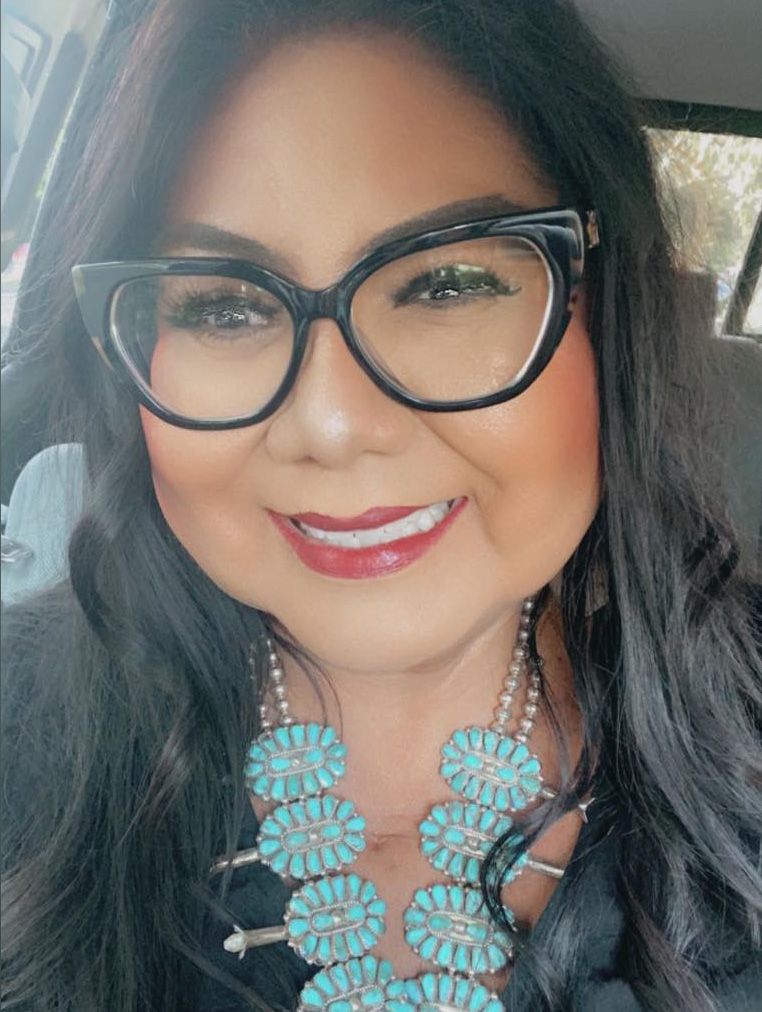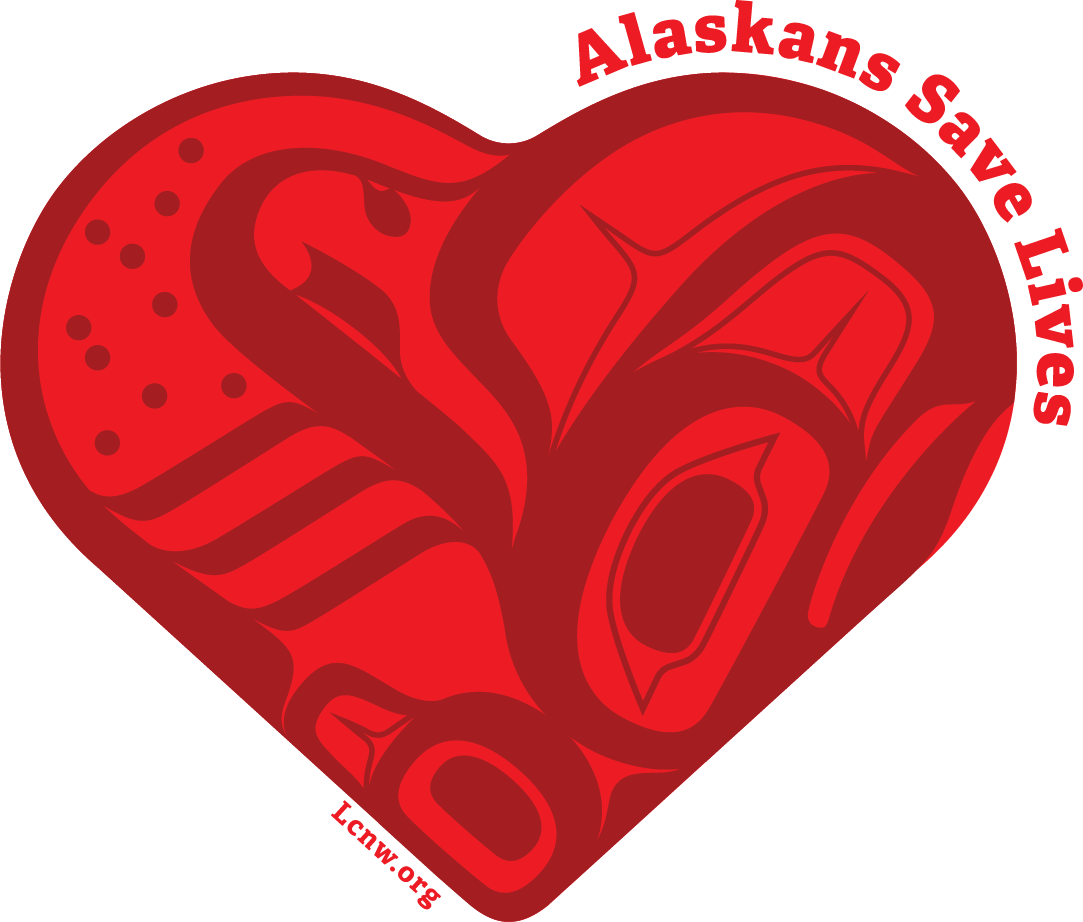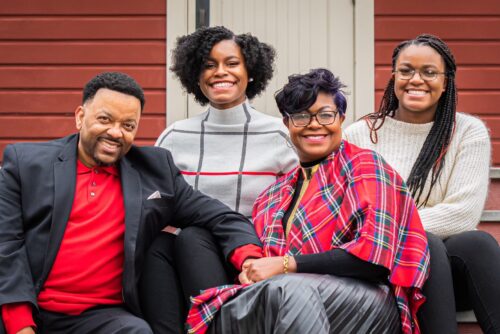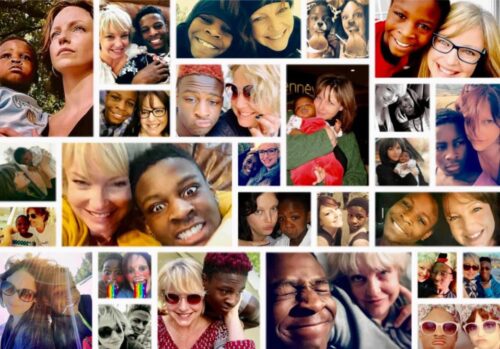LifeCenter Northwest is Honored to Share about Organ Donation at the AFN Convention
Nearly 900 Alaska Native and Native Americans in the U.S. are currently on the waiting list for a new organ. LifeCenter Northwest is the federally designated nonprofit Organ Procurement Organization (OPO) for Alaska, Washington, Montana and North Idaho.
We are attending the Alaska Federation of Natives Convention to share information about the lifesaving organ donation process, the importance of registering to be an organ donor, and career opportunities in Alaska with LifeCenter.
Alaskans Save Lives
Currently, 53% of the patients waiting for an organ in Alaska are from native communities or people of color. These patients are at higher risk for hypertension and diabetes, which can lead to kidney failure. The organ needed by most patients is the kidney. By signing up to be an organ donor when you apply for or renew your driver’s license ID, you can save lives in your community.
A Gift of Life Saves Jennie Lawrence
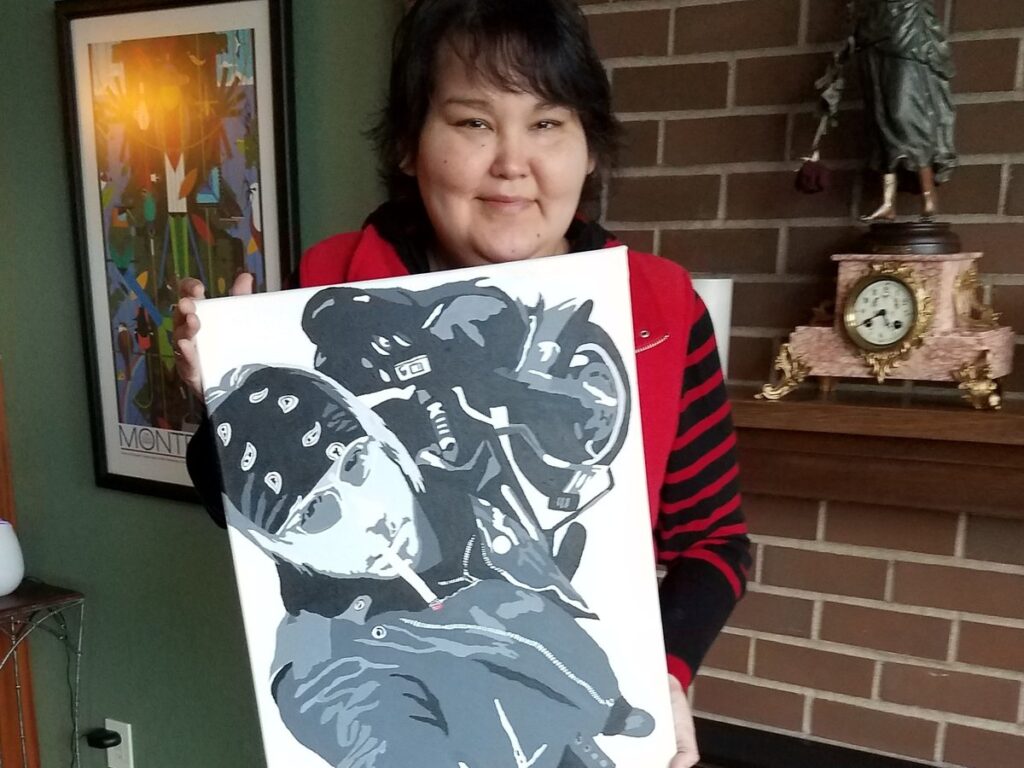
Jennie Lawrence, a member of the Tlingit, Tsimpian and Aleut tribes of Anchorage, Alaska, is alive and well today thanks to a donated heart she received in 2016. She will join us at LifeCenter’s booth at this year’s Alaska Federation of Natives Convention.
Lawrence’s aunt, Ann Lawrence, said, “God has blessed us many times over, by giving her a second chance to come home and be part of our family.”
Lawrence said her long ordeal began about 15 years ago, when she was 11 years old.
“I went for a walk and couldn’t take more than five, ten steps, and I was completely out of breath,” she said.
Doctors at the Alaska Native Medical Center diagnosed her with a serious heart condition called dilated cardiomyopathy.
“The cardiologist said my heart was working at three percent,” Lawrence said.
Lawrence took medication for several years to try to control it, but she reached a turning point in 2012, during a dip netting trip with her parents to Kenai.
I could barely breath and was trying to walk through the sand down there.” Lawrence said. “I was just so sick.”
Doctors at ANMC finally convinced Lawrence to go to the University of Washington Medical Center for an evaluation. In August, doctors there put her on a heart pump to keep her alive. They told her that without a heart transplant, she would lose her life.
After four months of waiting, Lawrence said she and her family got the call that there was a donor who was a match. His name was Joel Patrick Eggert, and he died in a motorcycle crash in Seattle.
“I was so scared for years to say ‘OK’ to the heart transplant,” Lawrence added. “But it was all meant to be.”
Jennie now has a relationship with Joel’s mom and sisters.
“We get to watch her live the rest of her life, because of Joel, because of our brother, who we lost,” Joel’s sister Konzacal said with emotion. “We just want to keep him alive in as many ways as we can, in memory, and celebrate Jennie’s life, because he gave.”
Sources: Alaska’s News Source and UW Medicine
Rachel’s Gift:
Native Woman Leaves a Lifesaving Legacy
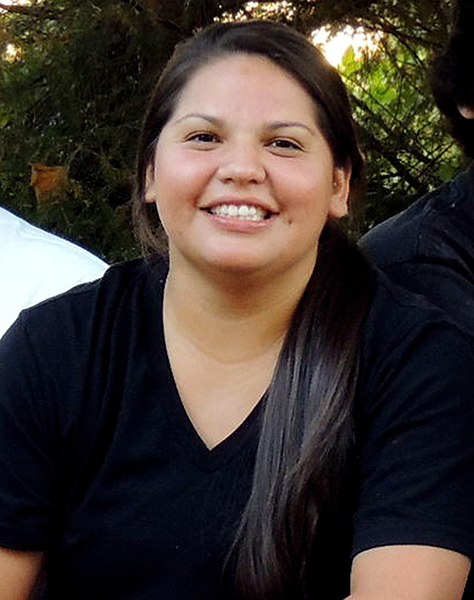
In 2013, Rachel Givens was 23 years old when she died in a crosswalk on her way to meet her friends. She was lively, funny, and athletic and volunteered as a basketball coach and mentor in her Native community. Rachel was also a champion for organ donation. This gregarious young woman was a giver in life and in death, and her legacy lives on. Here is her story.
Rachel’s mother and grandmother, Laura and Delores, will be at the LifeCenter Northwest booth at AFN to tell you more about why Rachel’s gifts are so important to their family. Laura now serves on LifeCenter’s Advisory Board.
The Story of the Salmon Heart
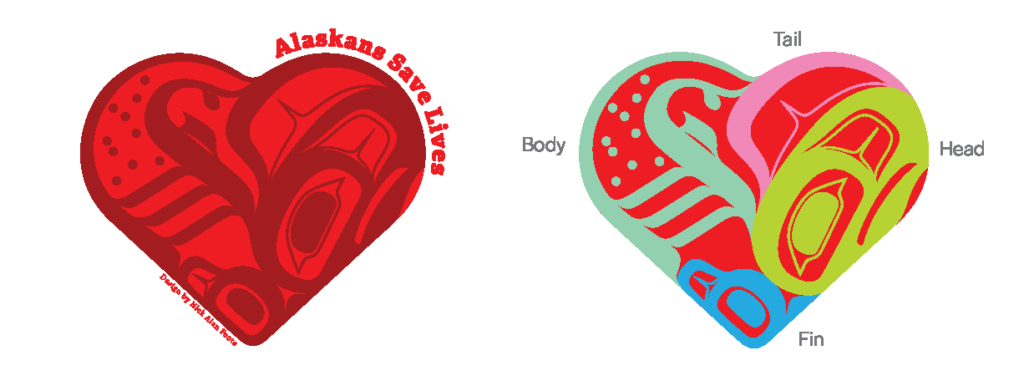
LifeCenter Northwest worked with Tlingit artist Nick Alan Foote of Ketchikan, Alaska, to create a design to symbolize the importance of organ donation in the Native Alaskan community.
Nick’s “Salmon Heart,” a formline design, reveals a salmon within the shape of a heart, symbolizing the deep respect and cultural significance of this sacred animal to Alaska Native tribes. The salmon symbolizes cultural significance, the cyclical nature of life, and the symbiotic relationship between natives and fish. Historically, salmon have been a vital source of sustenance, emphasizing its role as a lifeline for tribal vitality. The journey of salmon serves as a metaphor for rejuvenation, highlighting the need for more Indigenous organ donors to save lives within their communities. Gifting salmon is a tradition expressing kinship and solidarity, paralleling the transformative potential of organ donation. “Salmon Heart” represents the cultural and historical bond between Alaska Native tribes and salmon, advocating for organ donation as a means of preserving tribal communities and traditions.
Learn more about Nick Alan Foote
Meet Our Native Board Members and Advocates
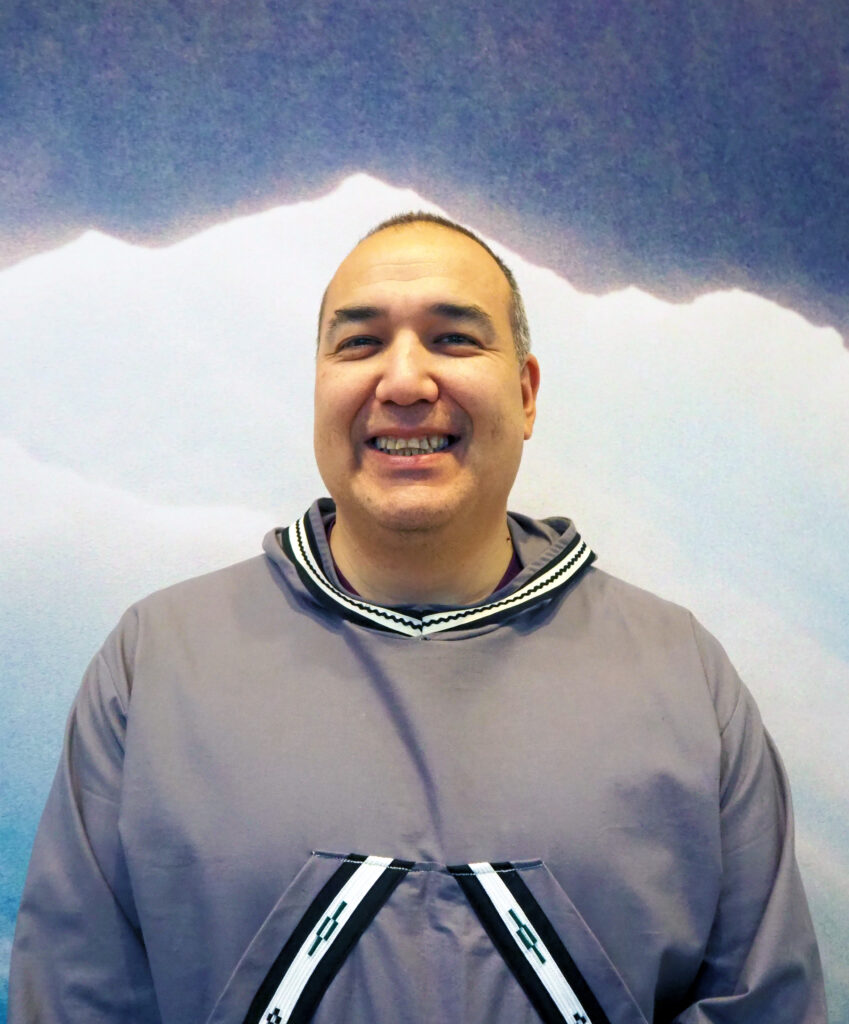
Joshua Ahsoak, Governing Board Secretary
Staff Attorney, Tribal ICWA Representation Program
Alaska Native Justice Center
Anchorage, Alaska
Maija Katak Lukin, Governing Board Member at Large
Alaska Native and Tribal Affairs Program Manager
National Park Service, Alaska Region
Wasilla, Alaska
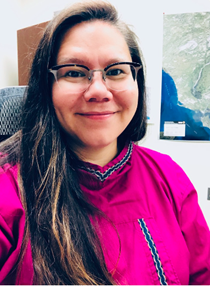
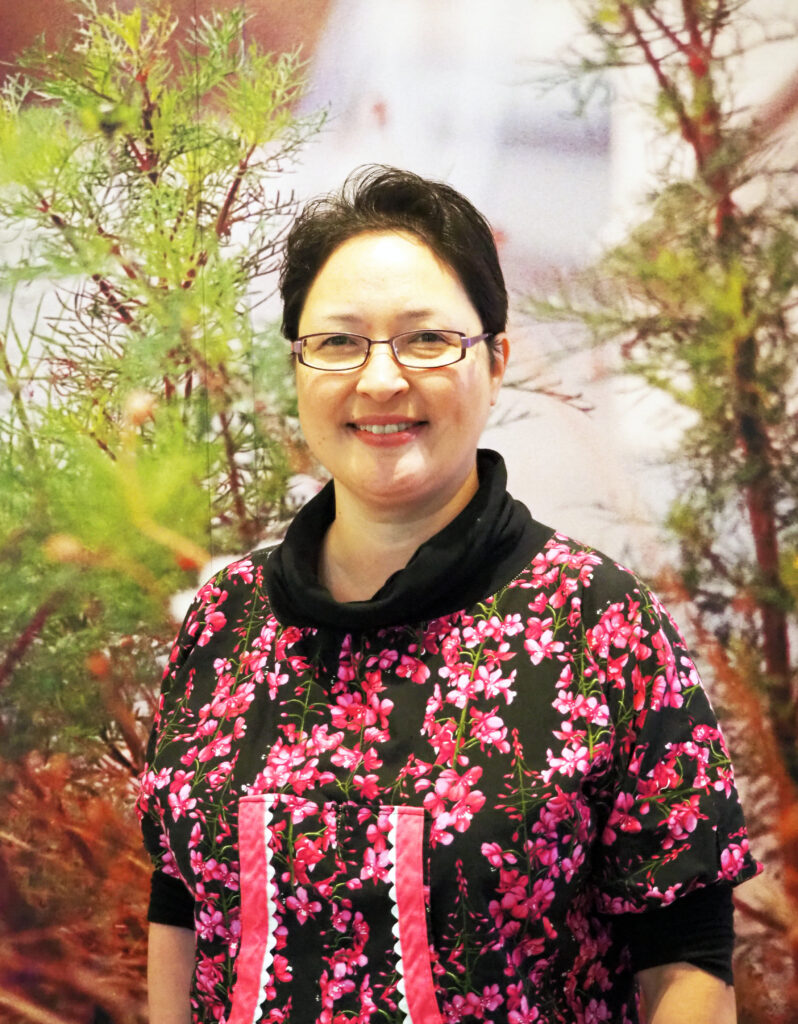
Maude Qapqana Blair, Former Governing Board Member
Alaska Native Justice Center
Board Member, Alaska Native Heritage Center
Inupiaq Tribe
Anchorage, Alaska
Laura Givens, Advisory Board Member
Donor Family Member
Muckleshoot Child Development Center
Muckleshoot Indian Tribe
Tacoma, Wash.
